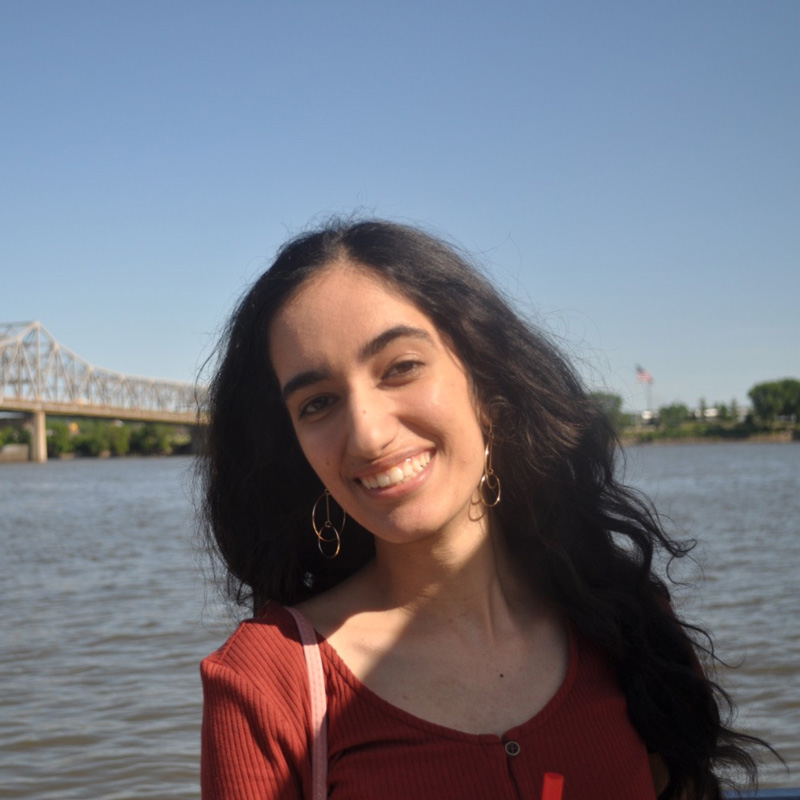by Kratika Tandon
While COVID-19 vaccine distribution increases in the United States, a slow global roll-out threatens the health and wellbeing of everyone.
After over a year of stay-at-home orders, overflowing hospitals, and constant Zoom meetings, the beginning of the end of the pandemic is finally nearing. With the rapid rollout of vaccines from various distributors, there seems to be a light at the end of the tunnel. Although trying to book a local vaccine appointment is arguably a straightforward process, it is not so easy on a global level. While the United States is able to vaccinate millions of Americans on a daily basis, COVID-19 vaccine distribution around the rest of the world remains scarce. In fact, vaccine distribution is practically nonexistent in the poorest countries. According to the New England Journal of Medicine on April 3, 2021, experts predict that 80% of the population in lowerresourced countries will not receive a vaccine in 2021. Vaccine distribution inequality is a huge issue that has consequences on both an individual and widespread scale. In this article, we discuss the problem of global vaccine inequity and its implications, before finally taking a look at potential solutions.
The uneven distribution of COVID-19 vaccines globally is a multifaceted issue with various contributing factors. According to Dr. Tedros Ghebreyesus Adhanom, the Director General of the World Health Organization (WHO), the “inequitable distribution” of vaccines worldwide is becoming “more grotesque every day” as the inequality gap begins to widen (March 9, 2021). On April 5, 2021, the Washington Post warned that the disproportionate distribution of the vaccines will most likely result in the lengthening of the pandemic, resulting in more casualties and economic losses. According to EuroNews on March 22, 2021, approximately 0.1% of doses administered worldwide are in “low-income” countries and 70% of vaccines have been administered by only ten countries. This issue stems from the idea of vaccine nationalism, which is the monopolization of COVID-19 vaccines by more prosperous nations in order to immunize their own populations first. A study conducted by Northeastern University in Boston found that this could cause twice the number of fatalities simply because herd immunity is not as achievable without equal distribution.
It is clear that this matter poses a threat to equitable access, but the consequences go deeper than simply acting out of moral obligation. WHO Director Dr. Tedros warns “the more transmission, the more variants.” Adding, “The more variants that emerge, the more likely it is that they will evade vaccines.” There is also an economic standpoint to consider with this matter. A study commissioned by the International Chamber of Commerce Research Foundation shows that advanced economies (a term used to describe the most developed nations in the world) stand to lose trillions of dollars through vaccine nationalism. As much as $9.2 trillion could be at risk if governments can’t ensure developing economies access to these vaccines. This deeply hurts public and economic health on a massive scale.
While we have only covered the problem and its implications, stay tuned for the upcoming issue where we will discuss some ways to help alleviate this global crisis. It is also important to note that readers in the United States should still do their best to take advantage of the vaccines that are provided locally while understanding that this issue exists.
About Kratika Tandon

Kratika Tandon is an incoming freshman at the University of Illinois at Urbana-Champaign. She is majoring in biology and graduating with a minor in environmental economics and policy. She graduated from Dunlap High School as class valedictorian. Tandon is incredibly passionate about sustainability. As such, she is interested in many different career paths that involve helping the environment. She is most interested in writing about the subjects of environmental issues, social justice, life during a pandemic, and racial equity. She is proficient in informative and expository writing as well as public speaking. Tandon was a part of her high school’s speech team for four years. This past season, she competed in two events at the state championship tournament: original oratory and informative speaking. She wrote and perfected these speeches on her own, both tackling specific topics dealing with the environment. Tandon was also the president of her school’s local Interact Club. She possesses great leadership, communication, and teamwork skills. She is participating with Giving Voice because she wants to use her voice and writing to inspire others and facilitate change.

